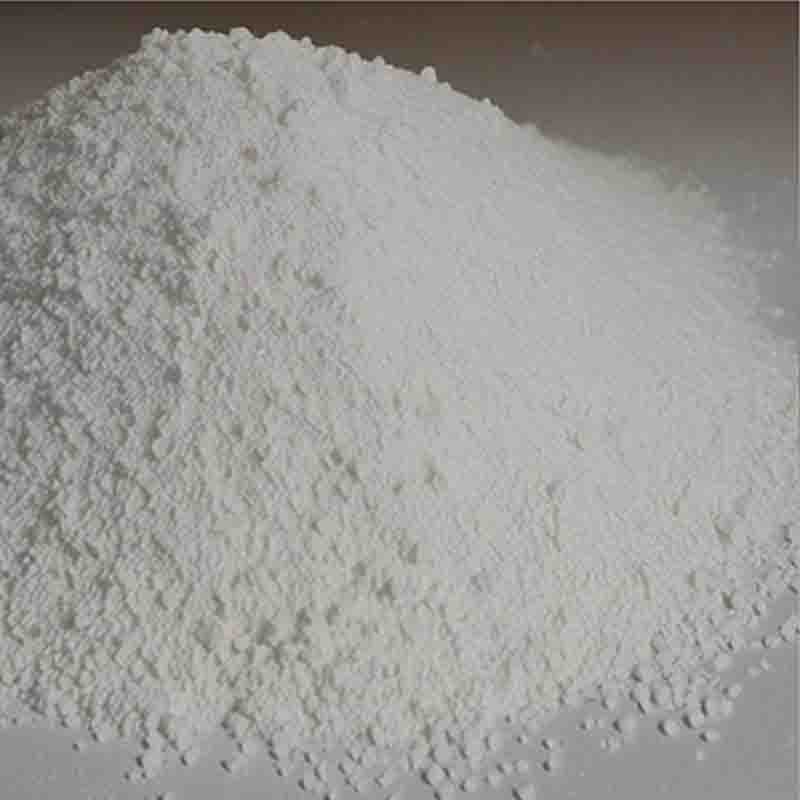(E)-5-(2-Carboxyvinyl)-2′-deoxyuridine CAS: 74131-06-9
| Catalog Number | XD93943 |
| Product Name | (E)-5-(2-Carboxyvinyl)-2′-deoxyuridine |
| CAS | 74131-06-9 |
| Molecular Formula | C12H14N2O7 |
| Molecular Weight | 298.25 |
| Storage Details | Ambient |
Product Specification
| Appearance | White powder |
| Assay | 99% min |
(E)-5-(2-Carboxyvinyl)-2′-deoxyuridine is a chemical compound used in various biomedical and pharmaceutical applications. It is a nucleoside analog, meaning it has a similar structure to natural nucleosides found in DNA and RNA. This compound has unique properties that make it valuable for research purposes, particularly in the fields of antiviral therapy and nucleic acid biology.One significant application of (E)-5-(2-Carboxyvinyl)-2′-deoxyuridine is in antiviral research. As a nucleoside analog, it can interfere with viral replication by replacing natural nucleosides during viral DNA or RNA synthesis. By incorporating (E)-5-(2-Carboxyvinyl)-2′-deoxyuridine into the growing viral nucleic acid strand, the replication process can be disrupted, leading to inhibition of viral replication. Its antiviral activity has been studied and explored in the context of various viral infections, including herpesviruses.Additionally, (E)-5-(2-Carboxyvinyl)-2′-deoxyuridine is used in the study of nucleic acid structure and function. Its structural similarity to natural nucleosides allows researchers to investigate various properties of DNA and RNA molecules, such as stability, folding, and interactions with proteins. By using (E)-5-(2-Carboxyvinyl)-2′-deoxyuridine as a probe, researchers can examine the effects of nucleoside modifications on the structure and function of nucleic acids. This compound also enables the study of enzymatic processes related to nucleic acid replication, repair, and transcription.Furthermore, (E)-5-(2-Carboxyvinyl)-2′-deoxyuridine serves as a valuable precursor in the synthesis of other nucleoside analogs with modified properties. Through the incorporation of different functional groups or modifications to the carboxyvinyl moiety, scientists can tailor the compound's properties and enhance its specificity towards various enzymatic processes. This versatility facilitates drug discovery and development, as it allows for the exploration of new nucleoside analogs that may exhibit improved therapeutic efficacy and reduced side effects.In summary, (E)-5-(2-Carboxyvinyl)-2′-deoxyuridine is a versatile compound with important applications in biomedical research and pharmaceutical development. Its use in antiviral research, nucleic acid structure-function studies, and the synthesis of novel nucleoside analogs contributes to advancing our understanding of nucleic acids and holds potential for the development of new antiviral therapies.


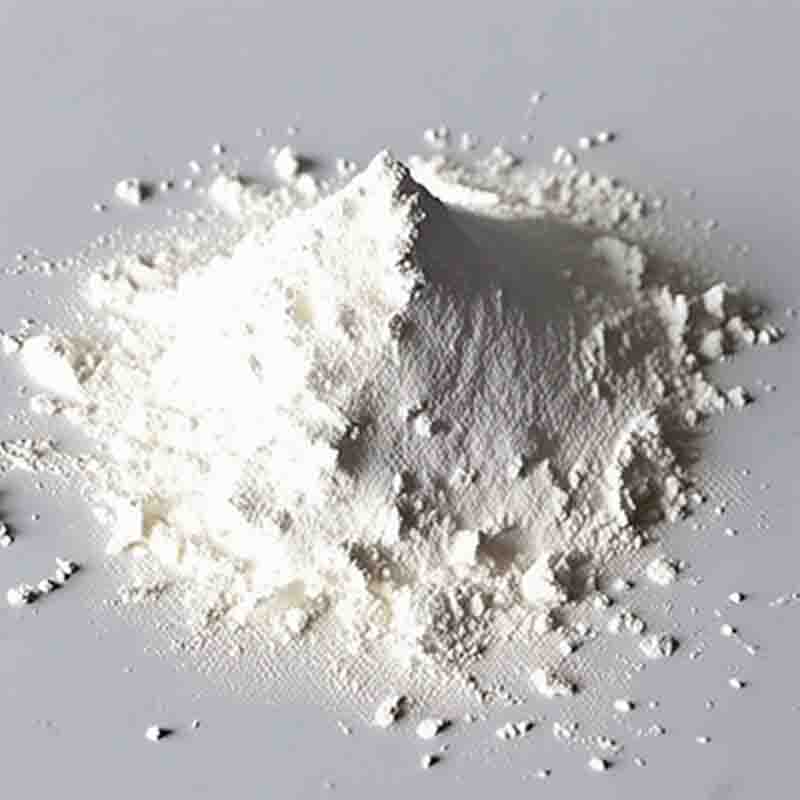

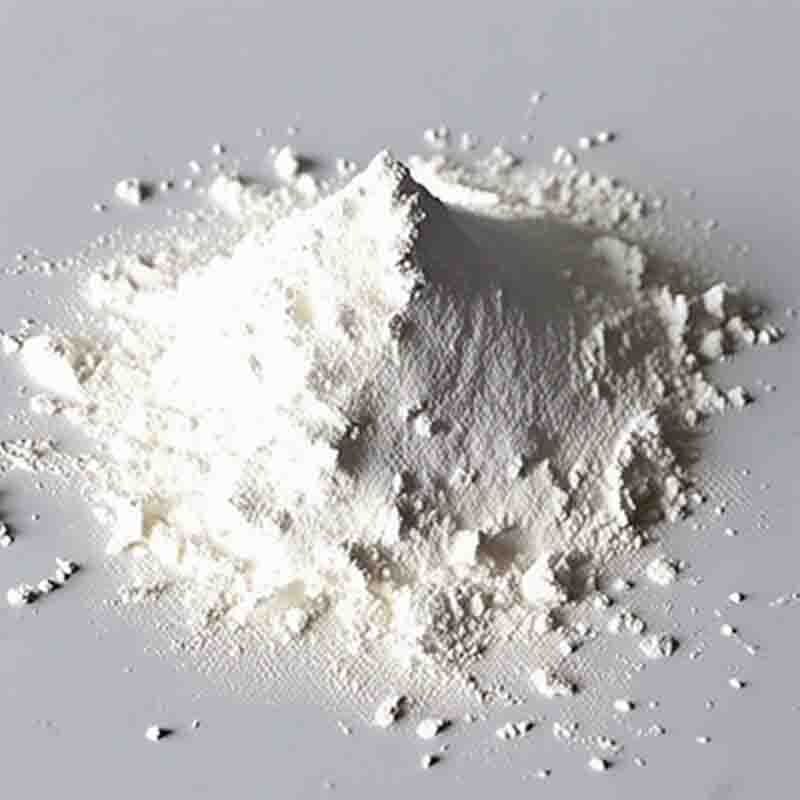
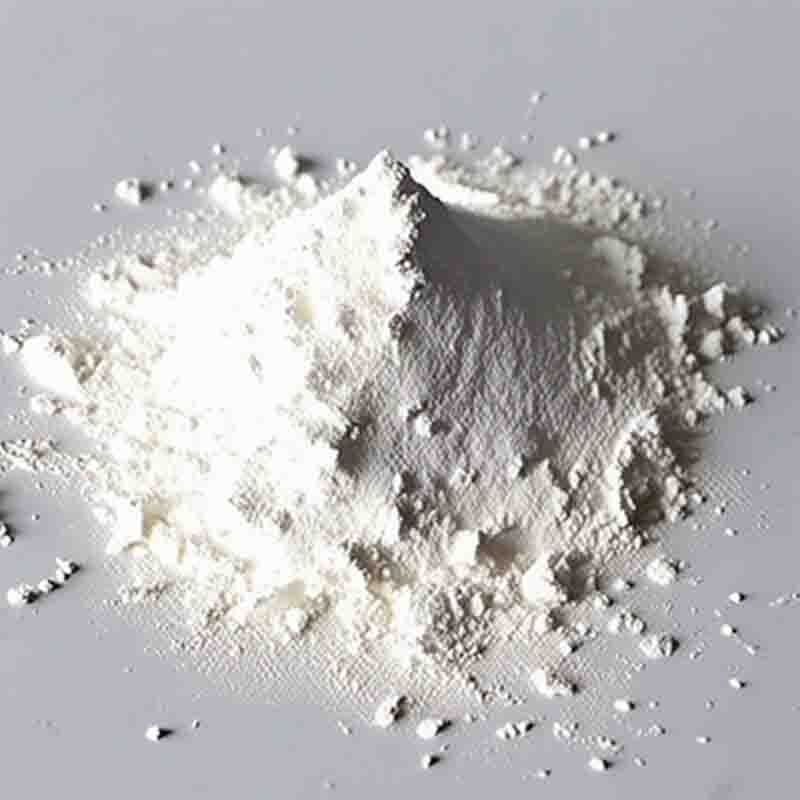
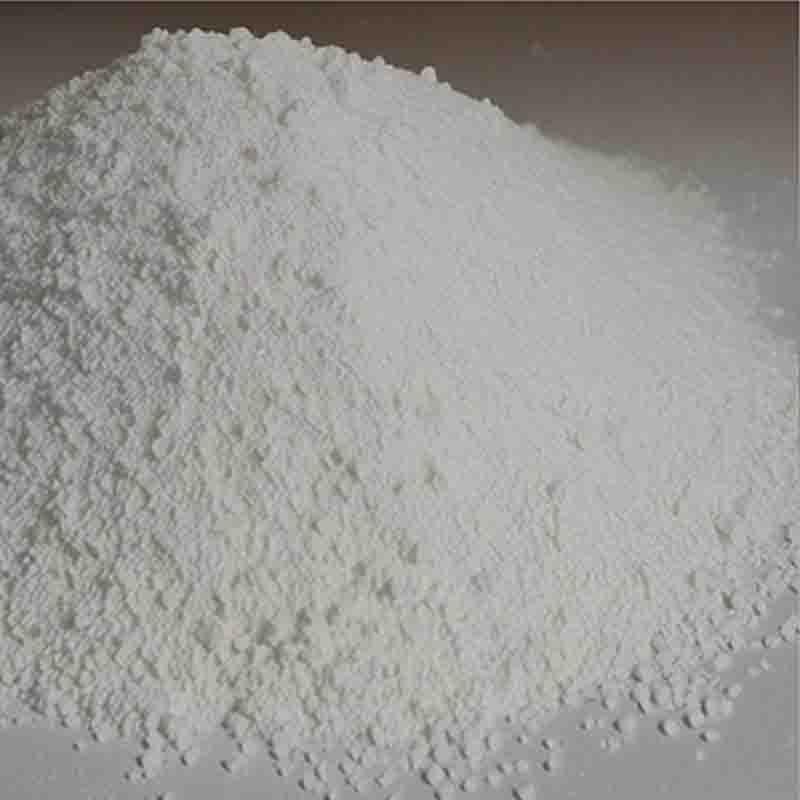

![ethyl2-[[(2S)-1-(2-phenylacetyl)pyrrolidine-2-carbonyl]amino]acetate CAS:157115-85-0](https://cdn.globalso.com/xdbiochems/白色粉末1698.jpg)
